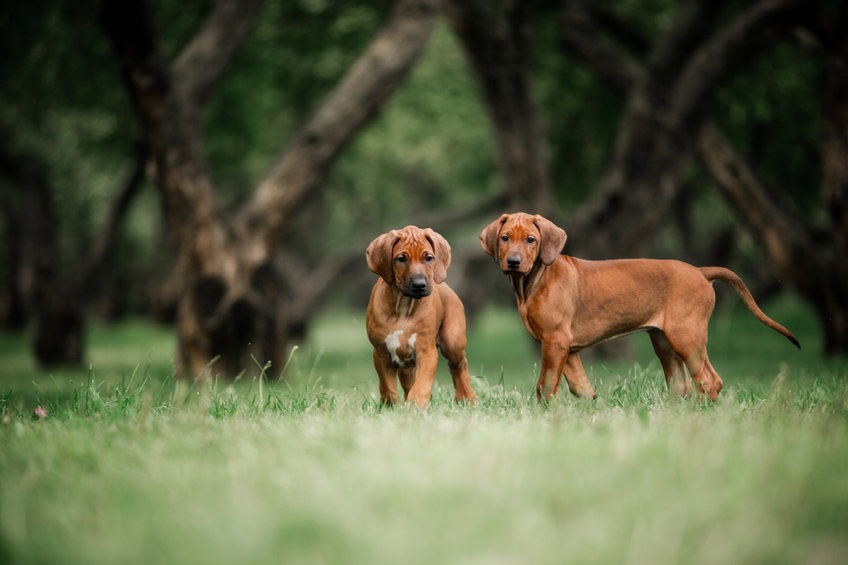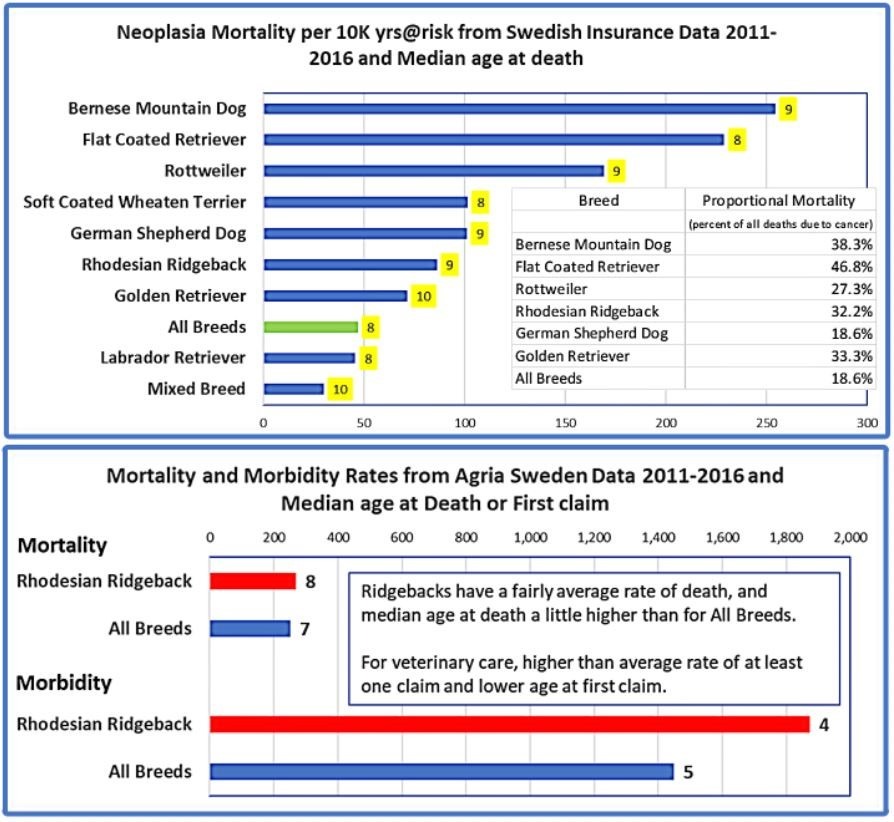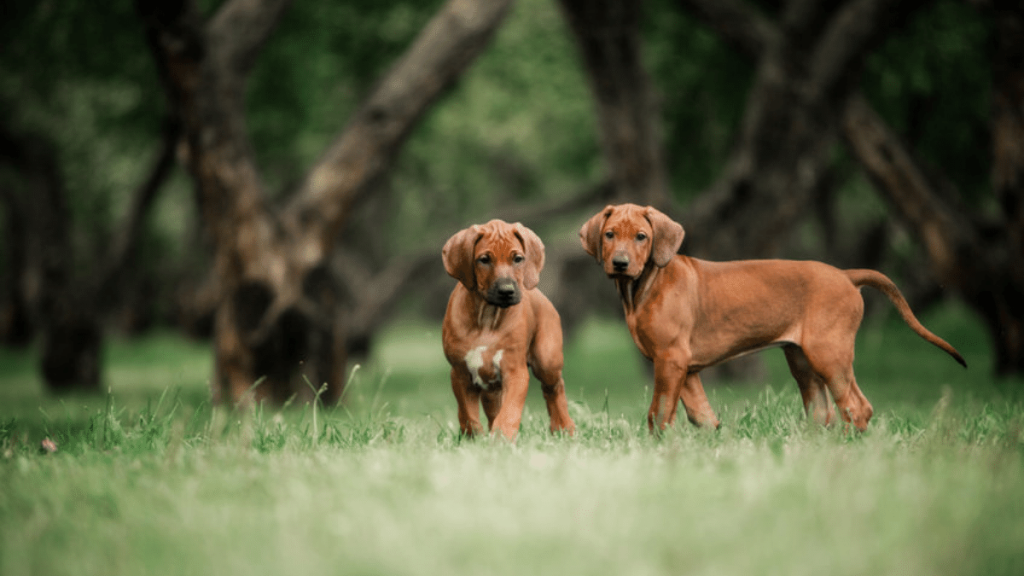Staying up to date with common, let alone rare, health risks in susceptible dog breeds can be difficult. In this regular feature, our Educational Partner, International Partnership for Dogs (IPFD) signposts resources on a particular breed and highlights breed-specific diseases.

full
Meet the Rhodesian Ridgeback – Update Your Knowledge!
The Rhodesian Ridgeback is a beautiful, athletic, functional dog. Well-known for the ridge of hair on the topline, this relatively recent ‘breed’ was established in 1922. However, they are the subject of various welfare and health controversies, inconsistent across regions. There is the issue of dogs without ridges, a disqualifying feature in the show ring, which has led to many ridgeless dogs being euthanized. Nordic kennel clubs allow non-breeding registration of these dogs, but generally these potentially healthy dogs are not bred. The relatively rare dermoid sinus (many vets have never seen one), can often be rather simply handled although the American College of Veterinary Surgeons tends to call for referrals.

full
Testing for specific conditions like Degenerative Myelopathy (DM), Epilepsy, and more are recommended or required in certain regions, not others. For example, DM is a high priority for some, despite a lack of evidence for confirmed cases and general controversy over the meaning and usefulness of the SOD1 genetic test. A major concern, as in many breeds, is that breeders may eliminate carriers (on genetic tests) from breeding, despite consistent advice from genetic counsellors that they can be bred to tested-clear dogs. American veterinarians are seeing cases of sudden cardiac death in young dogs; spinal problems are on the radar in Scandinavia. But many of these conditions are rare.
Rhodesians are moderately healthy as a breed, but also known as dogs that die of cancer. As can be seen in the image below, they have a lower rate and higher median age at death than many breeds known to have a high risk of neoplastic disease. See Get a GRIPH! on Rhodesian Ridgebacks for loads of information on health issues, international population statistics and more.

full
default
The International Partnership for Dogs (IPFD) is a non-profit working for dog health, well-being, and welfare. This article has been prepared by its CEO, Dr Brenda Bonnett, DVM PhD

full
default

